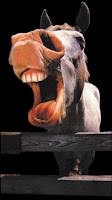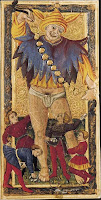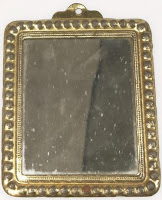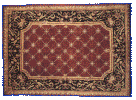Knowledge

Some people insist to measure and judge you by that which you are not, which you do not have, you cannot, or that which you do not know. Reject this stupid abuse; assert credit for who you are, for what you do and what you know. This reminds me of a story: The splendid court of Samarkand was glittering with the loot of twelve conquered kingdoms. Maulana Nasr Ed Din, the eating guest of Emir Tamerlane spent his days dressed in pure silk, sat at the King's table, and lay his fingers on the finest delicacies brought from the confines of the empire. The advisers sought his advice and the powerful laughed heartily at the bite of his jokes, while the Kinsman of the Khan showered him with small gold coins. It is related that a party of young noble princes, still unknowing of the ways of the world, met the old Mullah one day amidst the trees of the royal garden and challenged his worth: "Now tell us Seeker of the Truth, from all people you must know; how many grains of sand ...














